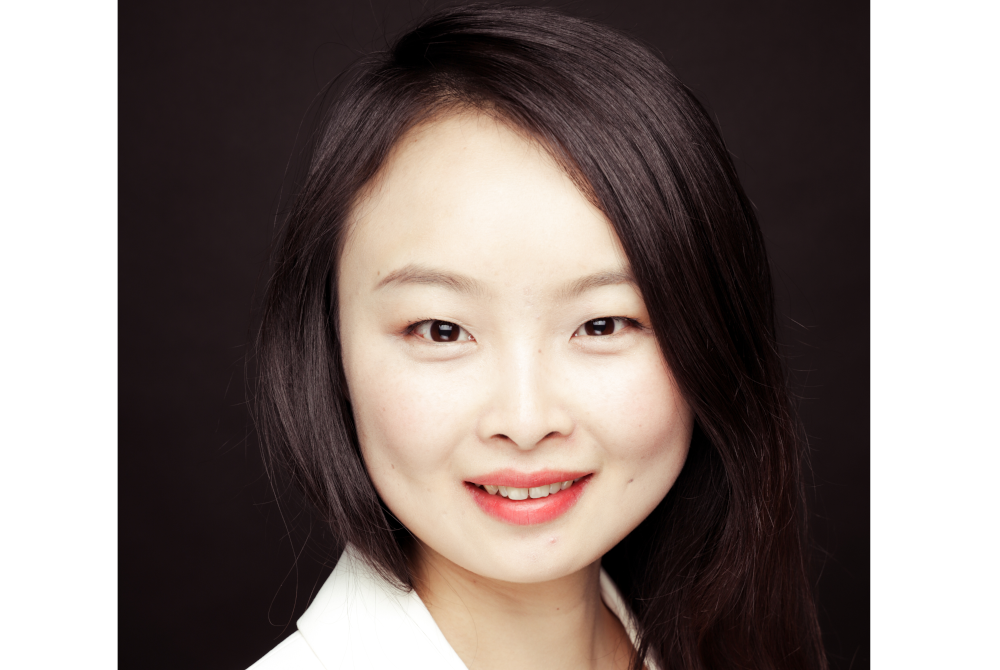
Lijia Long
Quelle: Lijia Long
What special memory/experience as a doctoral candidate at BAM did you take with you?
One of the most memorable experiences during my time at BAM was attending the PhD retreat in Waren and participating in the PhD Day at BAM. These events were not just opportunities to share knowledge but also to build lasting relationships with fellow researchers.
I had the privilege of working under the guidance of Prof. Sebastian Thöns, who has been an exceptional academic supervisor. His meticulous approach to research, combined with his unwavering dedication to excellence, profoundly shaped my PhD journey. I came to understand why Germany is renowned for its high-quality output, as I saw these values mirrored in my supervisor's work ethic. The lessons I learned from him are invaluable, and I consider them a lifelong asset.
Additionally, I am grateful to the amazing colleagues I met at BAM. A special thanks to Dr. Andreas Rogge, head of my department, for supporting my extended stay with funding, and Ronald Schneider for our insightful scientific discussions. Lutz Auersch-Saworski provided not only academic support but also a sense of camaraderie—his encouragement to enjoy social events and to take breaks helped me maintain a balanced perspective. Lastly, I owe much to Borana Kullolli for her constant friendship. We, as part of the younger generation in our department, created a great sense of community that I will cherish forever.
You did your PhD at BAM and Aalborg University in the framework of the Marie Sklodowska-Curie Innovative Training Network funded by the European Union under the Horizon 2020 Programme. What was unique about this framework?
The Marie Sklodowska-Curie Innovative Training Network (ITN) through the INFRASTAR project was an extraordinary framework that enriched my doctoral experience in ways I couldn’t have imagined. Over the course of my PhD, I had the unique opportunity to travel to more than 10 countries and visit over 20 cities to attend diverse training weeks, implementation days, training schools, and conferences. These international experiences not only broadened my academic horizons but also exposed me to a range of industrial applications and practices. At the same time, I also developed lifelong friendships with the 11 other PhD students involved in the project. Our bond grew stronger as we navigated this journey together, sharing experiences, challenges, and celebrations.
What made this program particularly special was the seamless integration of academic research and industry application. The knowledge gained from the academic side of my research was immediately applicable to real-world challenges, which made the entire process even more rewarding. It was a truly collaborative experience, and I’ll always remember the valuable connections and learning opportunities it provided. I’m incredibly grateful to the INFRASTAR management team, particularly Dr. Hakim Ferria and Dr. Odile Abraham, for their exceptional organization and support throughout the project. Even after the project concluded, they continue to run the training school every year, allowing future generations of researchers to benefit from the same enriching experience. It’s a testament to the lasting impact of the network and the enduring community we built
Which experiences from your time at BAM are useful for your current work?
During my time at BAM, I conducted research on wind turbines, which has been highly relevant to my current role in Siemens Energy’s wind business unit. The hands-on experience I gained, combined with the analytical skills I developed while working at BAM, have been indispensable. I learned not only the technical aspects of wind energy but also the importance of interdisciplinary collaboration and real-world problem-solving—skills that are crucial in my current work.
The insights I gained on the operation and maintenance of wind turbines are directly applicable to the projects I’m currently working on at Siemens. The rigorous approach to research and the emphasis on practical solutions have shaped the way I approach challenges in the industry today.
What advice would you give to early career researchers for their career planning?
My advice to early career researchers would be to plan your time wisely, stay open to new opportunities, and make full use of available resources. Don’t be afraid to experiment and step outside your comfort zone. It’s crucial to be proactive and positive, especially when faced with challenges. If you encounter obstacles or difficult periods, don’t lose hope—perseverance is key.
I’m a testament to this: coming from a small town with limited resources, I never imagined I would reach this point. But with dedication and the right mindset, I made it. So, if I can do it, you absolutely can too! Keep pushing forward and believe in your potential.


